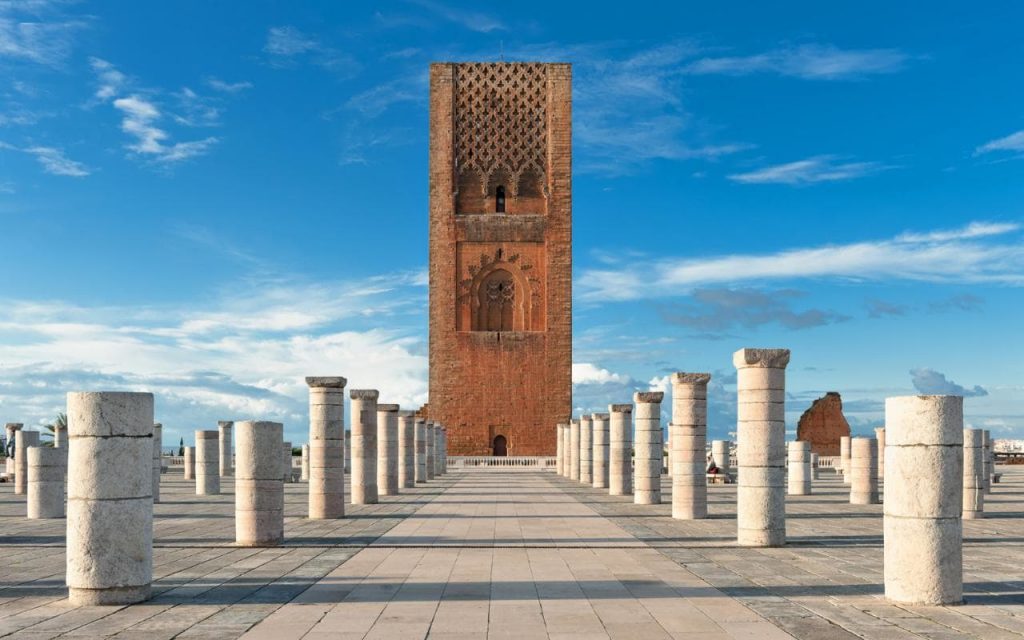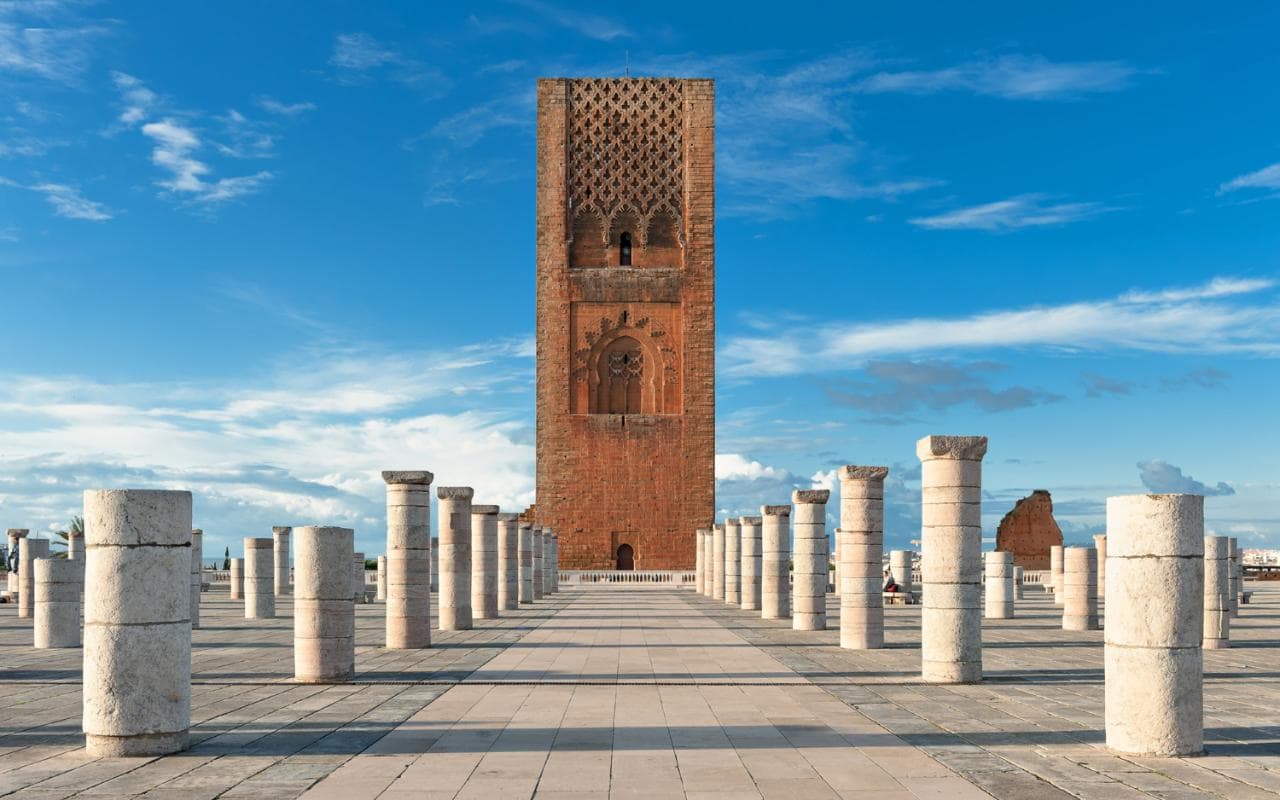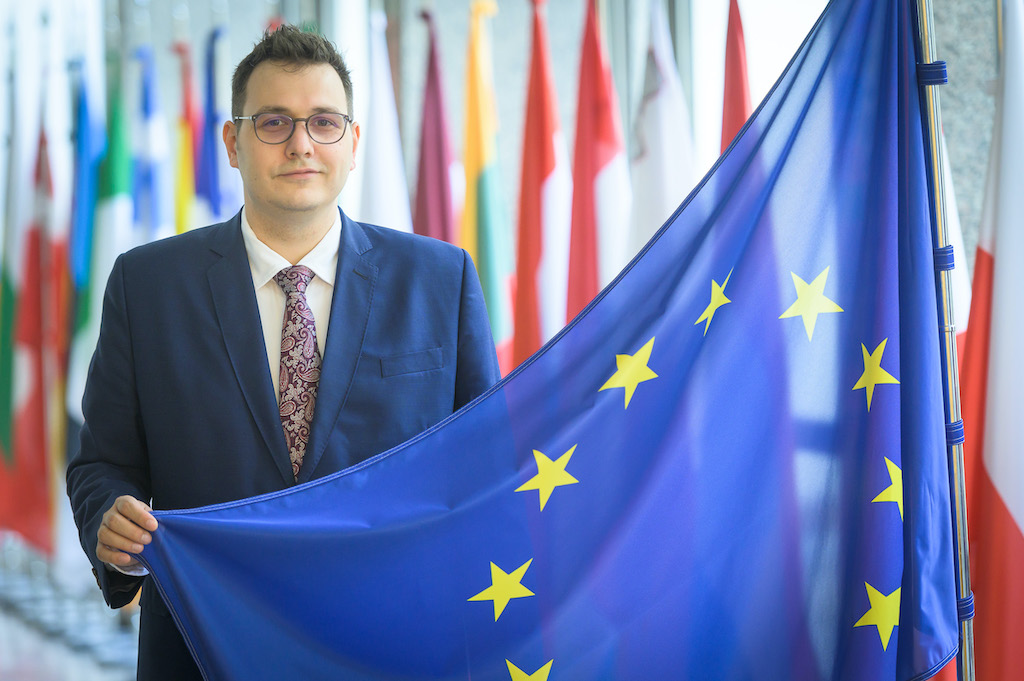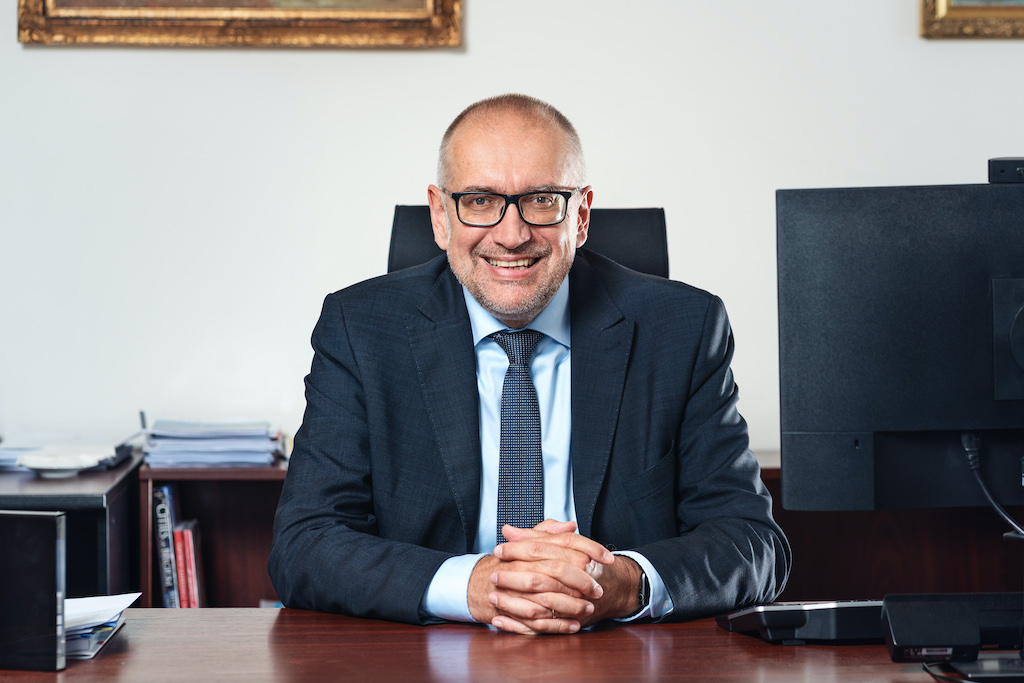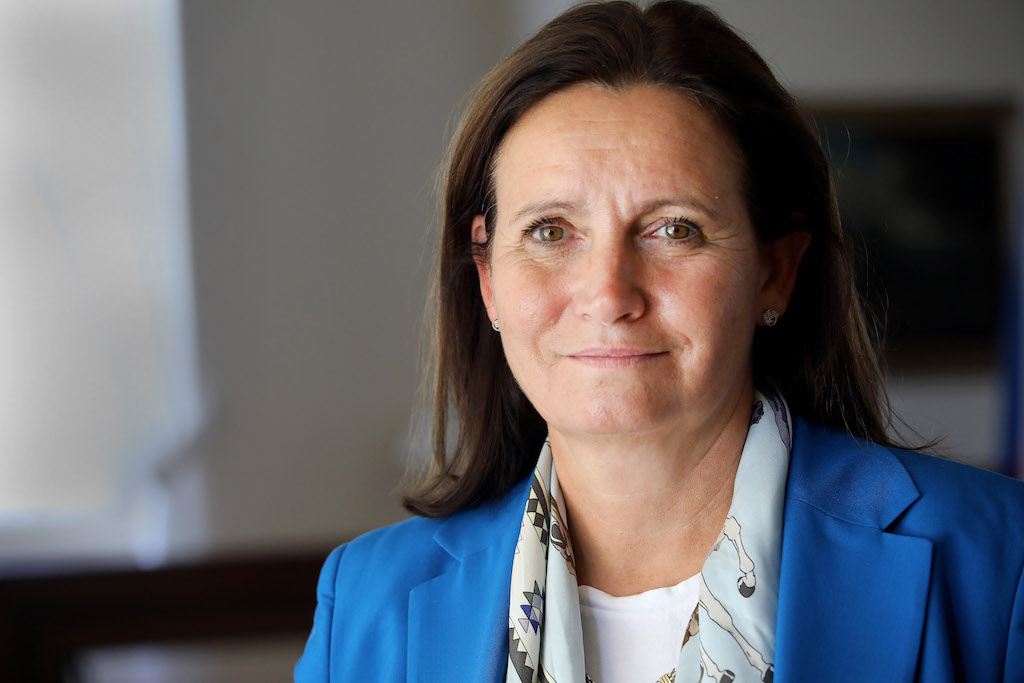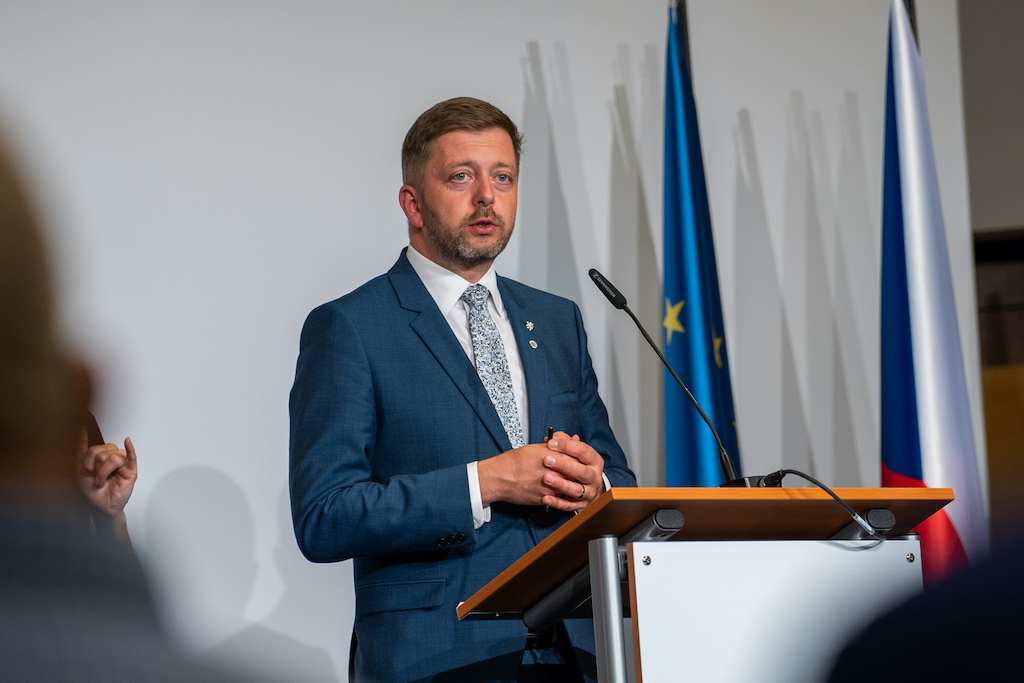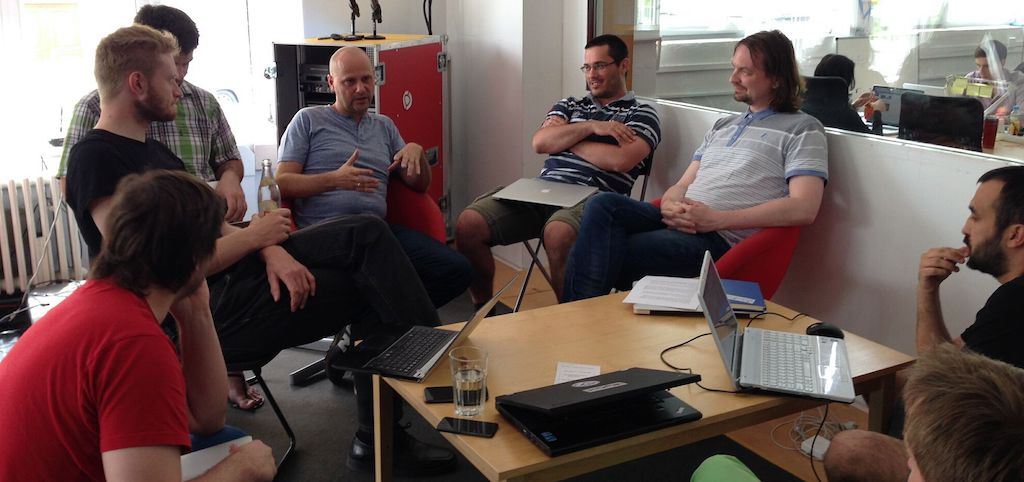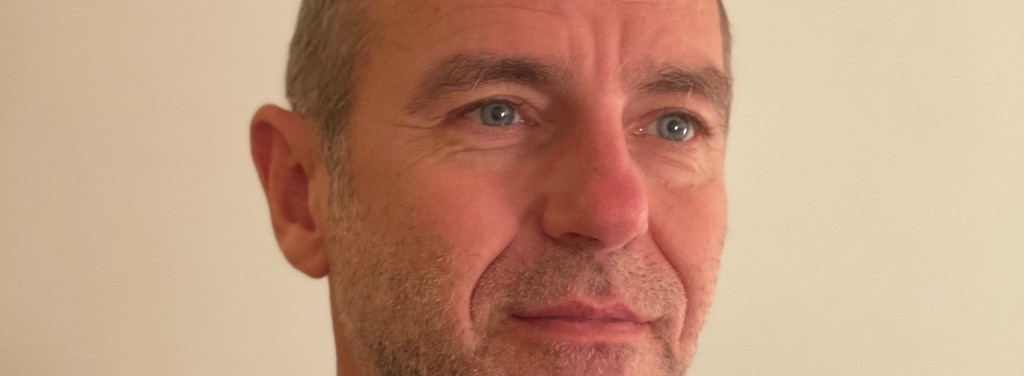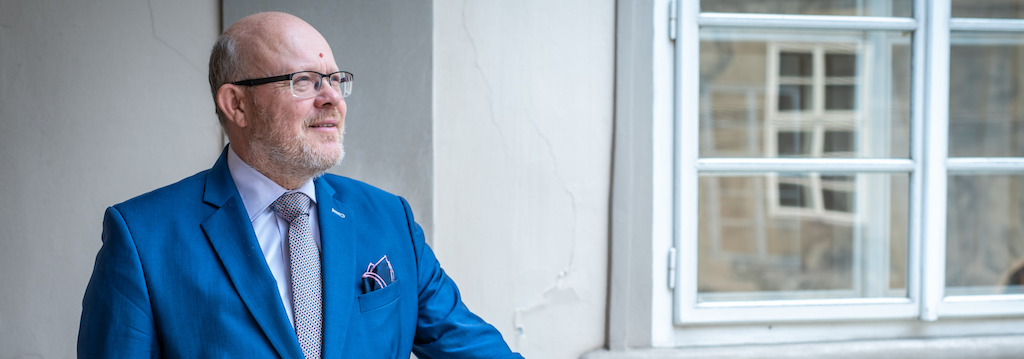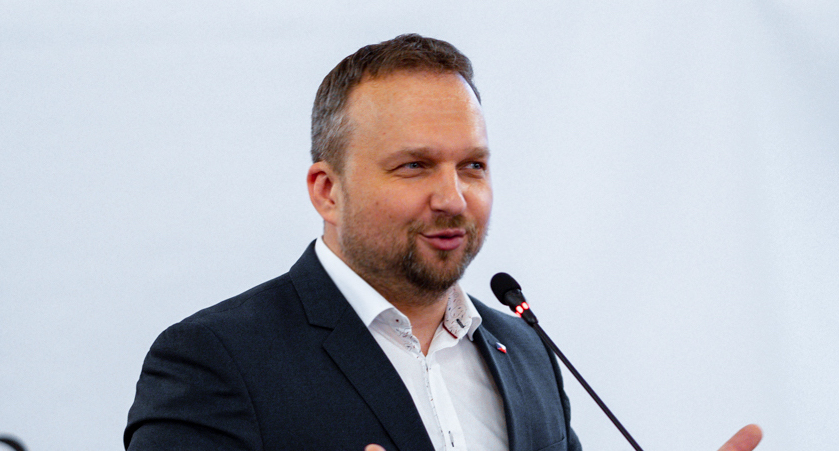“The Region is putting in place a dedicated administration, able to ensure a real economic governance at the level of the Territory”.
Administratively and financially, the Region has a very specific functioning, including internally with a clear separation with political affairs. This is what Mr. Mohamed ACHIQ, General Manager of Rabat-Salé-Kénitra Regional Council Services, explains to us here.
At the head of the Rabat-Salé-Kénitra Regional Council, can you explain your missions?
The organic law of 2015 defined the attributions of the general services directorates of the regions. Their mission is to assist the president in fulfilling his prerogatives. The administrative tasks are well differentiated from the political stakes in the Council, whose president elected by universal suffrage now acts as authorising officer. The global mission of the director is therefore to build an efficient administration, with an organisation chart and therefore a very structured service architecture and dedicated divisions: financial, environmental, rural affairs, economic and social development, human resources. This represents six divisions, which are under construction. Regions have a complex role to play in terms of integrated and sustainable development, particularly with the implementation of the regional development program, the RDP. This is why the Region is currently trying to set up a dedicated administration that will ultimately be able to provide economic governance on a territorial scale.
How does the Directorate General for Services work with elected officials?
Despite our priorities and our urgencies, we have an important dialogue with elected representatives and we are especially attentive to them all the time. Sometimes complex, sometimes simpler. The DGS can not discuss political decisions, only execute them. However, elected officials need the services of the council and vice versa to advance the actions of the region. As regards political communication, this is therefore exclusively the responsibility of the Presidency. There is therefore a clear break with the technical services of the region.
In terms of human resources, how do you see the rise of agents on the board?
The political will is there but when there is no human means behind to implement the actions, it is not enough. As in any organisation, human resources are a fundamental element. With the merger of the regions we have just known, our “new” region currently employs around 74 people. But, we need mostly staff with specific profiles. Moreover, we are in the process of recruiting a dosen senior executives for the year 2017; three engineers in information systems, statistics and Energy / Environment, three financial and accounting executives for better financial management of the Region’s budget (1 billion dirhams per year) and two computer technicians. We are also recruiting two economists specialised in project management and territorial development. Because we have a lot of work to do in this area.
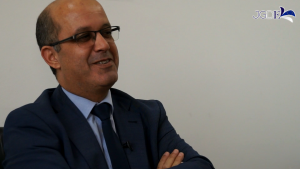 Are the training needs of both administrative staff and elected officials very important?
Are the training needs of both administrative staff and elected officials very important?
The ongoing training of elected officials and territorial officials in the Region is part of the Region’s own attributions. According to the decree of application of the organic law relating to the Regions, we must train some 3,000 elected representatives by the end of the term of the Council ie 2021 (at least 8 days / man of training per elected) . To do this in addition to the training of the Ministry of the Interior, we have set up the house of the elected where we will provide these training. We have chosen to work with the Universities of our Region and not a research office to develop our regional plan for continuing education. The first results are convincing and we are now being followed by other Regions.
Regarding the territorial agents numbering 21,000 in our region, we intend to build on existing training and train trainers in the number of 3000 also, on profiles framework. Decentralised cooperation is also an excellent vehicle and we need to develop existing partnerships and put others in place. However, the question of recruitment in the territorial function in Morocco is still difficult, we must better value the status of the territorial official not only in terms of remuneration but also in terms of treatment and respectability because its missions are closer to the citisen.
What was your work on developing the RDP?
The development of the RDP Rabat-Salé-Kenitra (RSK) has been a real challenge both internally and with design offices. But we can be proud, with our teams, of the work accomplished so far and that we must continue to implement this ambitious. The reference framework that was defined and voted on in July is already showing promising results even after the first two months of implementation. The structure of the PDR is well designed. If you want to add an action, the document is flexible enough to adapt it. And, given the challenges of the region and the regional pattern of land use, it’s a safe bet that we will have to adapt, to update regularly, and in conjunction with elected officials.en though we are the second richest region in Morocco, human development indicators are still very low, with difficulties in some territories that we have to deal with.
The Rabat-Salé-Kenitra region is in full development, is it an important challenge for the services of the region?
The “RSK” region is a “Capital Region” and this is enough to say that we must be exemplary. We therefore have strong pressure from elected officials and citisens to accomplish our missions. However, and as announced by the advisory commission that worked on the launch of the process of advanced regionalisation in Morocco, it will probably require two terms of regional council probably, so 12 years, to be fully operational and effective. We are living a bit of a jolt because all the “projects” are launched at the same time. But we give ourselves the means. The challenges are important but the motivation of our services is there, in the service of the region and I will conclude by telling you that we will arrive there without any doubt!
